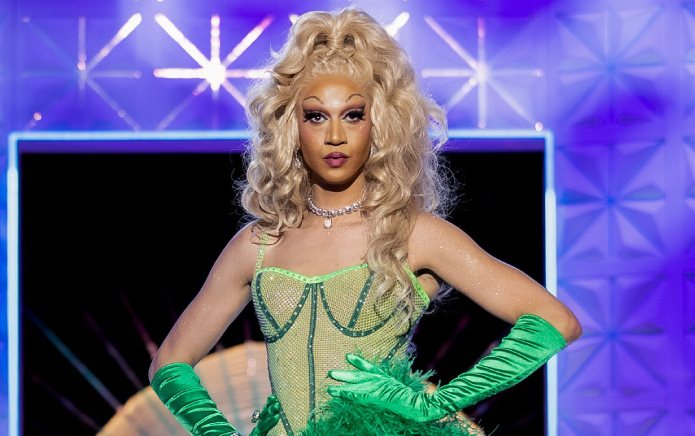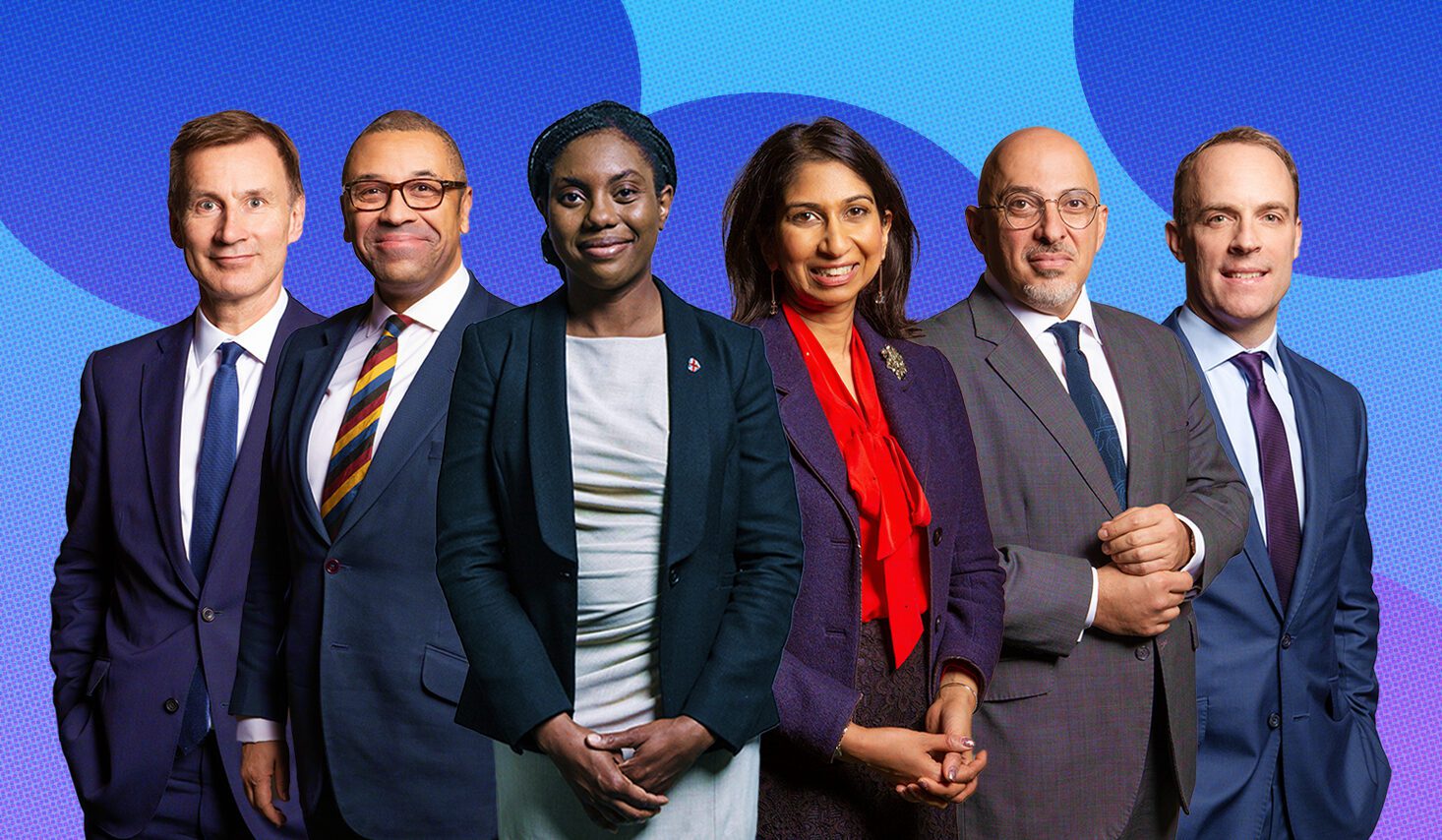
After emerging victorious from the Conservative Party’s latest leadership contest, Rishi Sunak has become the UK’s third Prime Minister in less than two months. Unlike his predecessor, Sunak’s exact position on many LGBTQ+ issues is unclear. His time as Chancellor did not see him directly involved with advancing or rolling back rights and little is known about the social policies he plans to implement. Unless an earlier general election is called, the next one is scheduled for January 2025 – meaning the government Sunak appoints could be in power for more than two years should the political turbulence that has defined this year finally calm down.
Here, GAY TIMES looks at what members of the new government have said about LGBTQ+ issues and rights more generally to understand what the next few years could look like for the community.
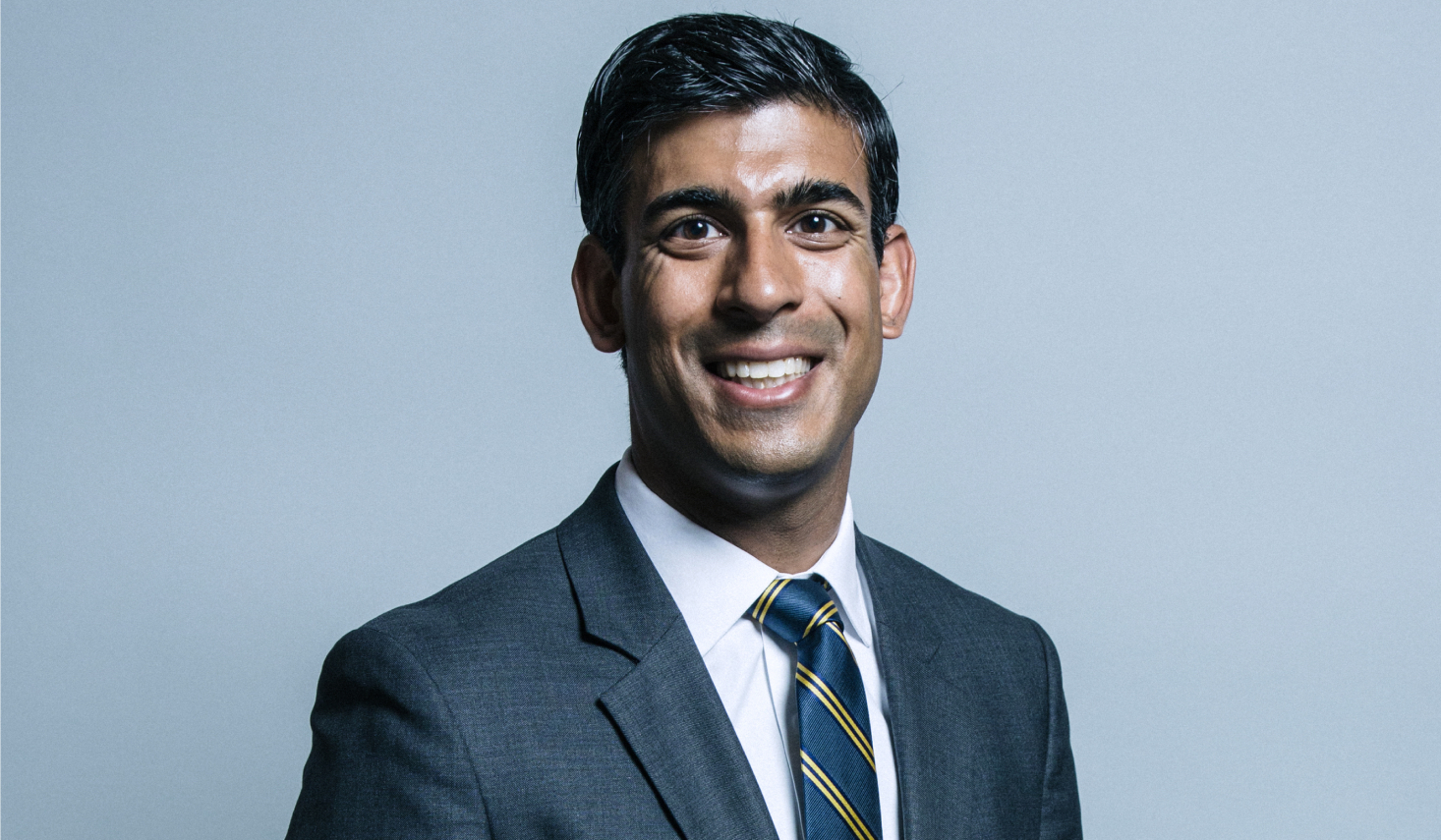
Rishi Sunak
Constituency: Richmond (Yorks)
Position: Prime Minister
Rishi Sunak has acknowledged that there are “many areas we need to address to improve the lives of LGBT+ people” and has discussed the importance of ending HIV transmission by 2030. He previously stated that trans people deserve “respect” but also highlighted that he sees biology as “important” and “fundamental” in the context of toilets and sports. During the Tory leadership contest this summer, an ally of the former Chancellor told the Daily Mail that Sunak is “critical of recent trends to erase women via the use of clumsy, gender neutral language” and that, should he become Prime Minister, “will not support the language of sex being eroded in legislation or the public sector.” Sunak reportedly “believes we must be able to call a mother a mother and talk about breastfeeding, alongside trans-inclusive language where needed.” The source alleged that he was planning to launch a “manifesto for women’s rights” which would include a commitment to banning trans women from competing on the sporting team that aligns with their gender identity. Sunak has not been an MP long enough for any significant LGBTQ+ rights votes, but in 2019 was absent for one on extending same-sex marriage to Northern Ireland.
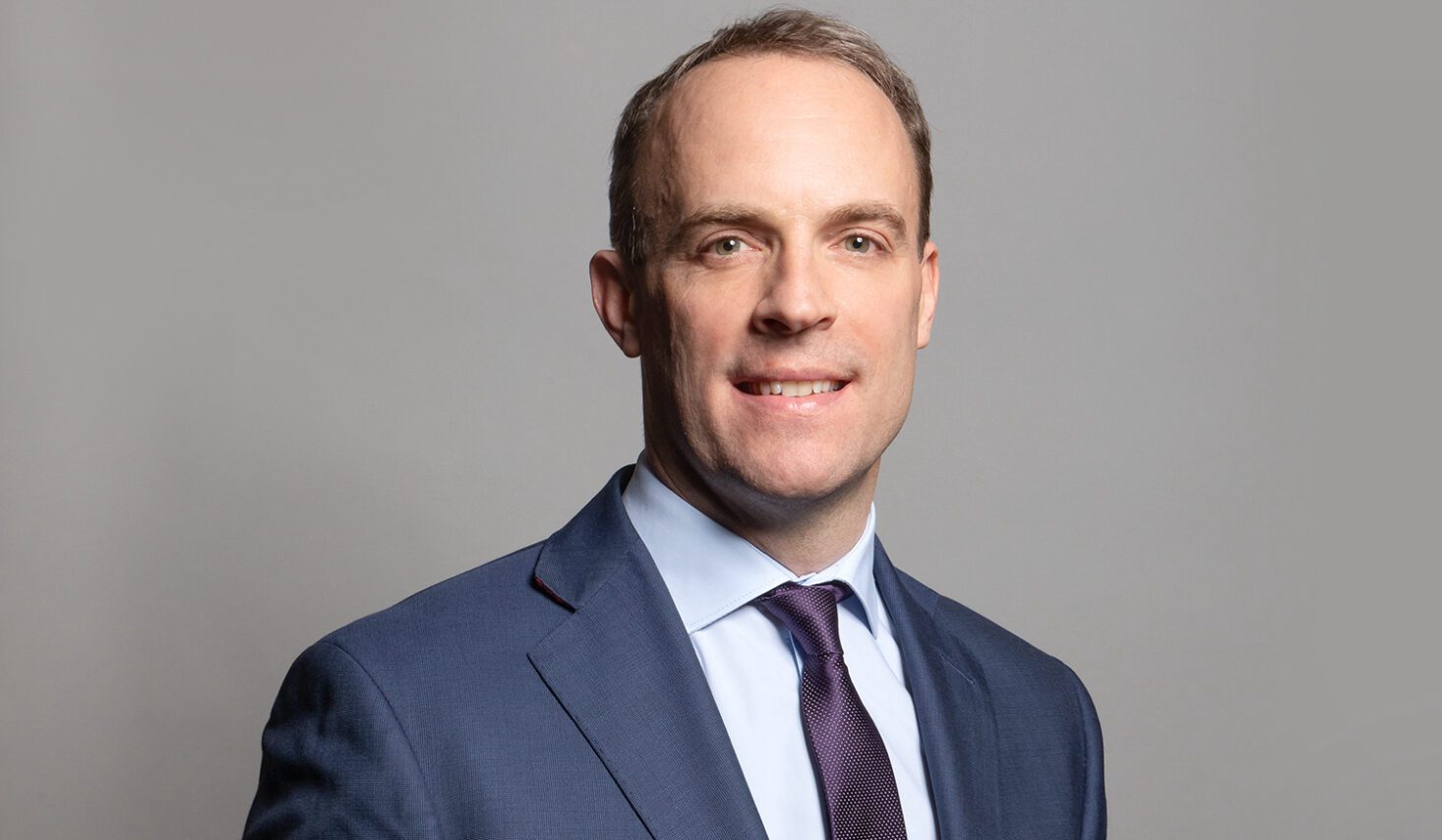
Dominic Raab
Constituency: Esher and Walton
Position: Deputy Prime Minister and Justice Secretary
Reinstated to the positions he held under Boris Johnson, Dominic Raab has voted in favour of gay, lesbian and bisexual rights – including the introduction of same-sex marriage in 2013 – on multiple occasions. In 2019, he stated that he wanted society to be “tolerant and warm” to LGBTQ+ people, though said we need to be “very careful” when it comes to young trans people. “I certainly don’t think I want to make it easier,” he said of whether or not he would want to make it easier for people to change their gender. “I think you need to be very careful with people of that age.” During his first stint as Justice Secretary, Raab was reportedly planning to “implement a new policy whereby Ministers have to sign off any move to a women’s prison of a male-bodied inmate who self identifies as a woman,” anonymous sources told the Daily Mail in August of this year. The proposed change in rules was later confirmed by a spokesperson for the Ministry of Justice.
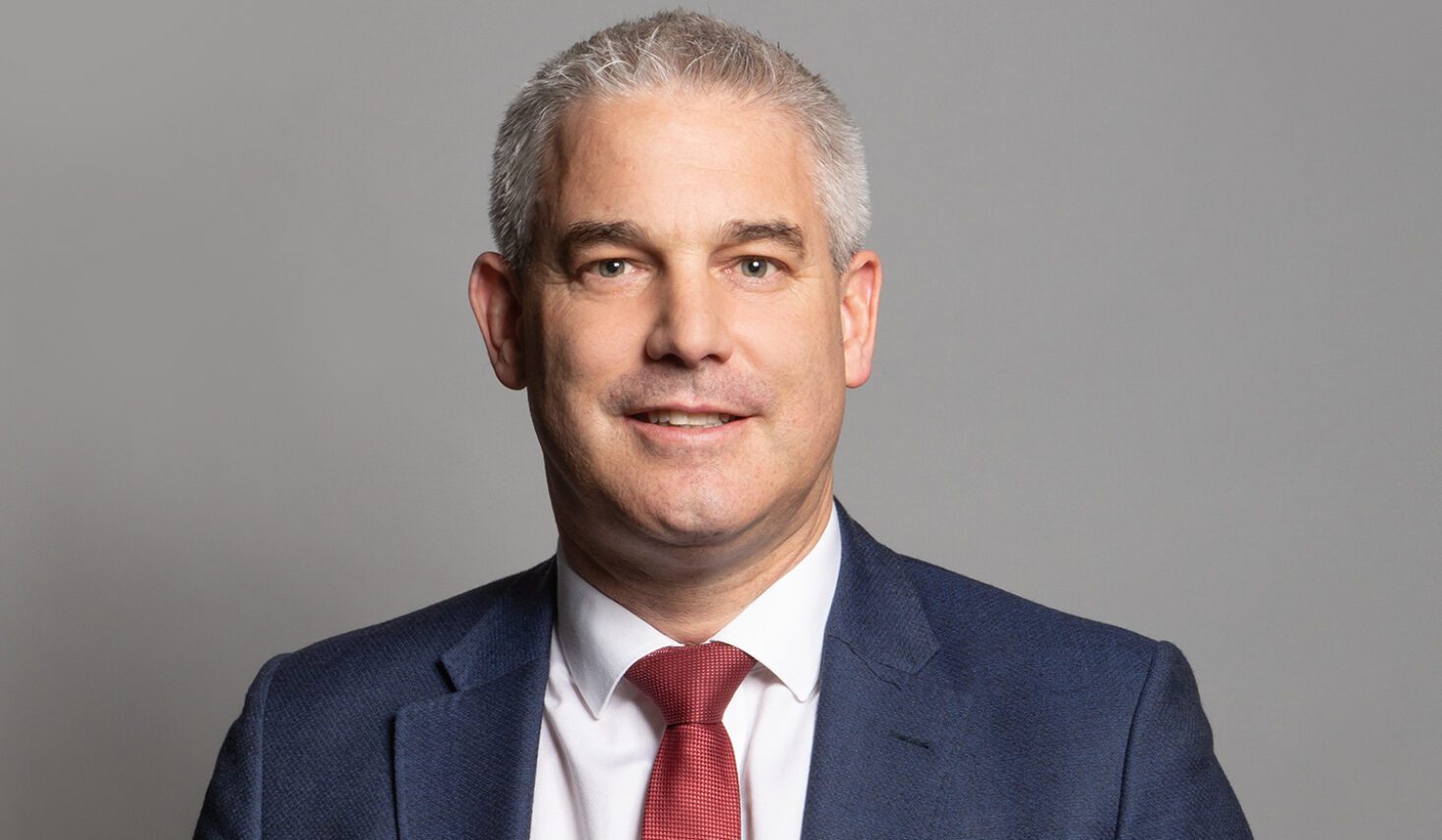
Steve Barclay
Constituency: North East Cambridgeshire
Position: Health Secretary
Returning to the position he held from July to September of this year under Boris Johnson’s leadership, Steve Barclay will be responsible for dealing with the monkeypox outbreak which is disproportionately affecting gay, bisexual and other men who have sex with men. “We’ve seen a drop in monkeypox cases in recent weeks, but we cannot afford to be complacent,” said Ceri Smith, Head of Policy at Terrence Higgins Trust. “Our current vaccine supply is finite and it’s unacceptable to say to gay and bisexual men that they’re on their own once we run out. To manage the UK outbreak, we urge the Health Secretary to develop a long-term plan on monkeypox to protect the population’s health.” The charity is also calling on Barclay to publish “the long over-due sexual and reproductive health action plan” given how “overstretched and underfunded” clinics are. Barclay’s track record on LGBTQ+ rights is not as clear as some of his colleagues, though he did vote in favour of same-sex marriage in 2013 and on extending the right to armed forces personnel outside the UK a year later. He was, however, absent for the vote on introducing it to Northern Ireland in 2019, but that same year spoke of how “proud” he was “to be Secretary of State for a department that actively celebrates and embraces diversity.” Serving as the Brexit Secretary at the time, he added that he had attended a “training session for LGBTQ allies.”
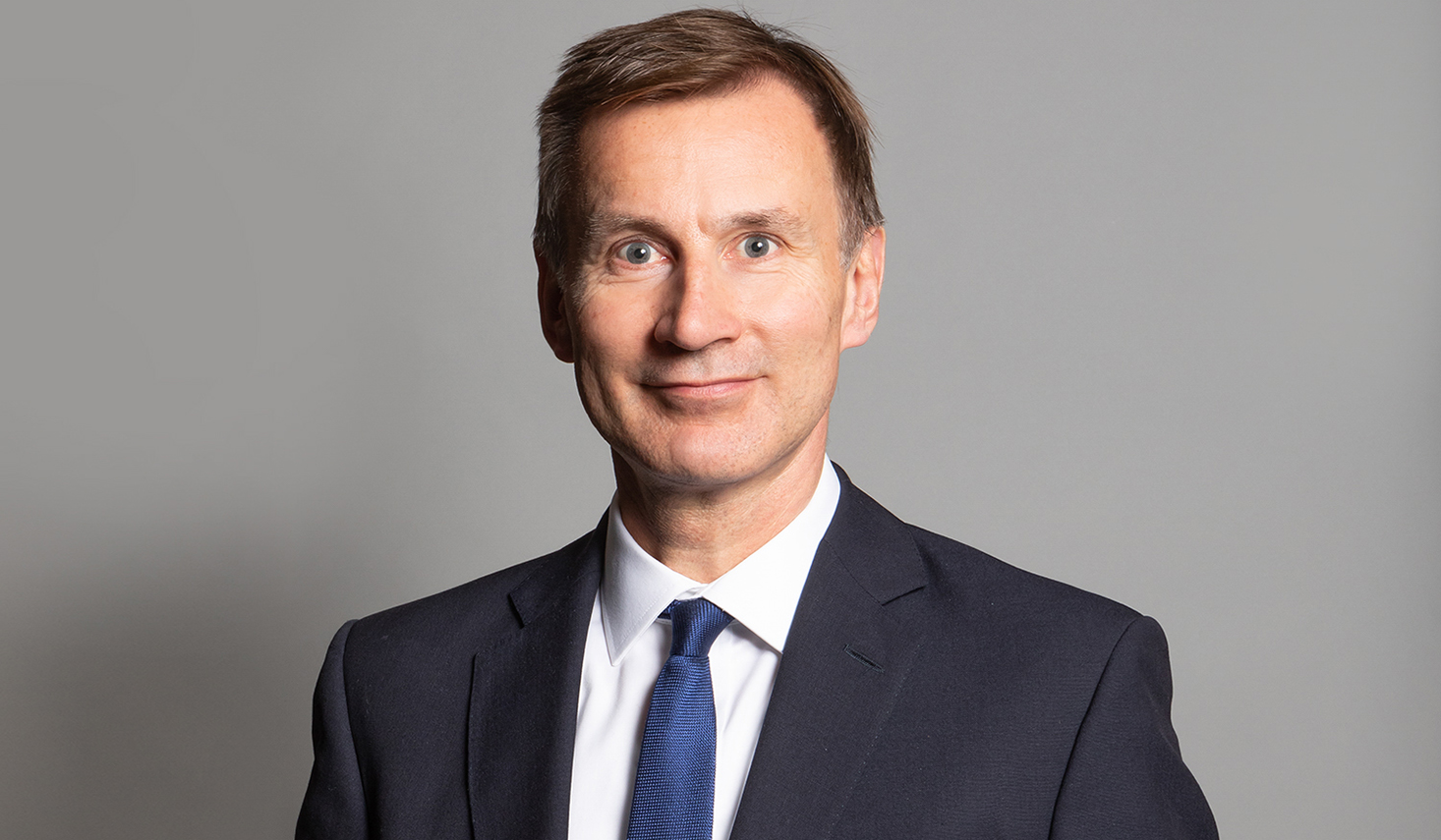
Jeremy Hunt
Constituency: South West Surrey
Position: Chancellor
Maintaining the position he was appointed to by Liz Truss, Jeremy Hunt will not have much involvement in the development of LGBTQ+ rights as Chancellor. He is, however, believed to be an ally of the community and has spoken out in support of it on more than one occasion. “For me, being gay is like being left-handed, it’s something you’re born with, it’s not something you choose, it’s not something you can change,” he said at a hustings event in 2019. “And that’s why we need to recognise every child needs to understand that and this is one of the great pieces of progress that we have made.” Hunt also showed his support for LGBTQ-inclusive teaching at all schools: “We have to leave no stone unturned in making sure that every school, including faith schools, is making sure that we get the right messages across to our children.” Since his election in 2005, he has generally voted in favour of LGBTQ+ rights – including being in favour of the Equality Act in 2007 and supporting the introduction of same-sex marriage in 2013. Three years later, when Hunt was the Health Secretary, it was reported that fears of backlash from right-wing media outlets may have been getting in the way of the government funding HIV prevention treatment, PrEP. At the time, sources claimed that he had questioned what the Daily Mail would say in relation to the issue.
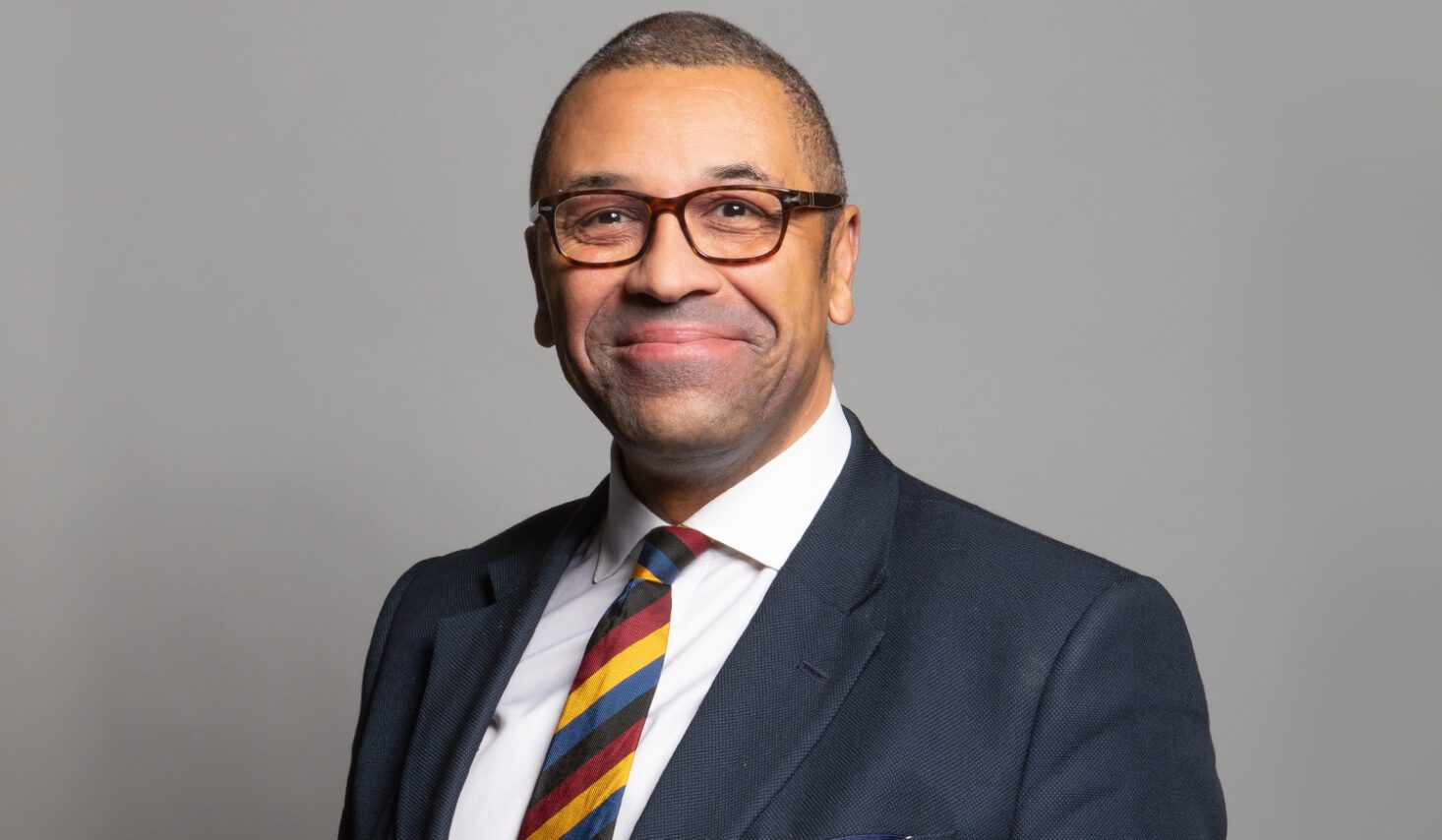
James Cleverly
Constituency: Braintree
Position: Foreign Secretary
James Cleverly is considered to be one of the most pro-LGBTQ+ members of Rishi Sunak’s cabinet and his support for the community can be traced back as far as 2005. “Gay ‘marriage’ takes nothing away from heterosexual marriage and while there will be some civil partnerships which are done for the wrong reasons the same can be said of straight marriage,” he wrote in a blog post at the time. “Best of luck I say.” During an appearance on Question Time in 2018, he eloquently responded to a trans woman who detailed her own experiences and called for gender recognition reform: “I am a Conservative because I believe in personal choice, personal freedom, personal responsibility, and I think this is the natural evolution of those principles,” Cleverly told her. “If a sexual predator wishes to enter a toilet to attack a woman, there’s no need to have any recognition or certificate to do so, that can happen already. If that’s what we’re worried about, we should look at ways of protecting women, rather than dance around the issue and try to make an already-difficult issue even more difficult.” He did, however, recently come under fire for telling LGBTQ+ fans travelling to Qatar – a country where homosexuality is illegal – for the World Cup to be “respectful of the host nation” in order to stay safe there. “They are trying to ensure that people can be themselves and enjoy the football, and I think with a little bit of flex and compromise at both ends, it can be a safe, secure and exciting World Cup,” he told LBC.
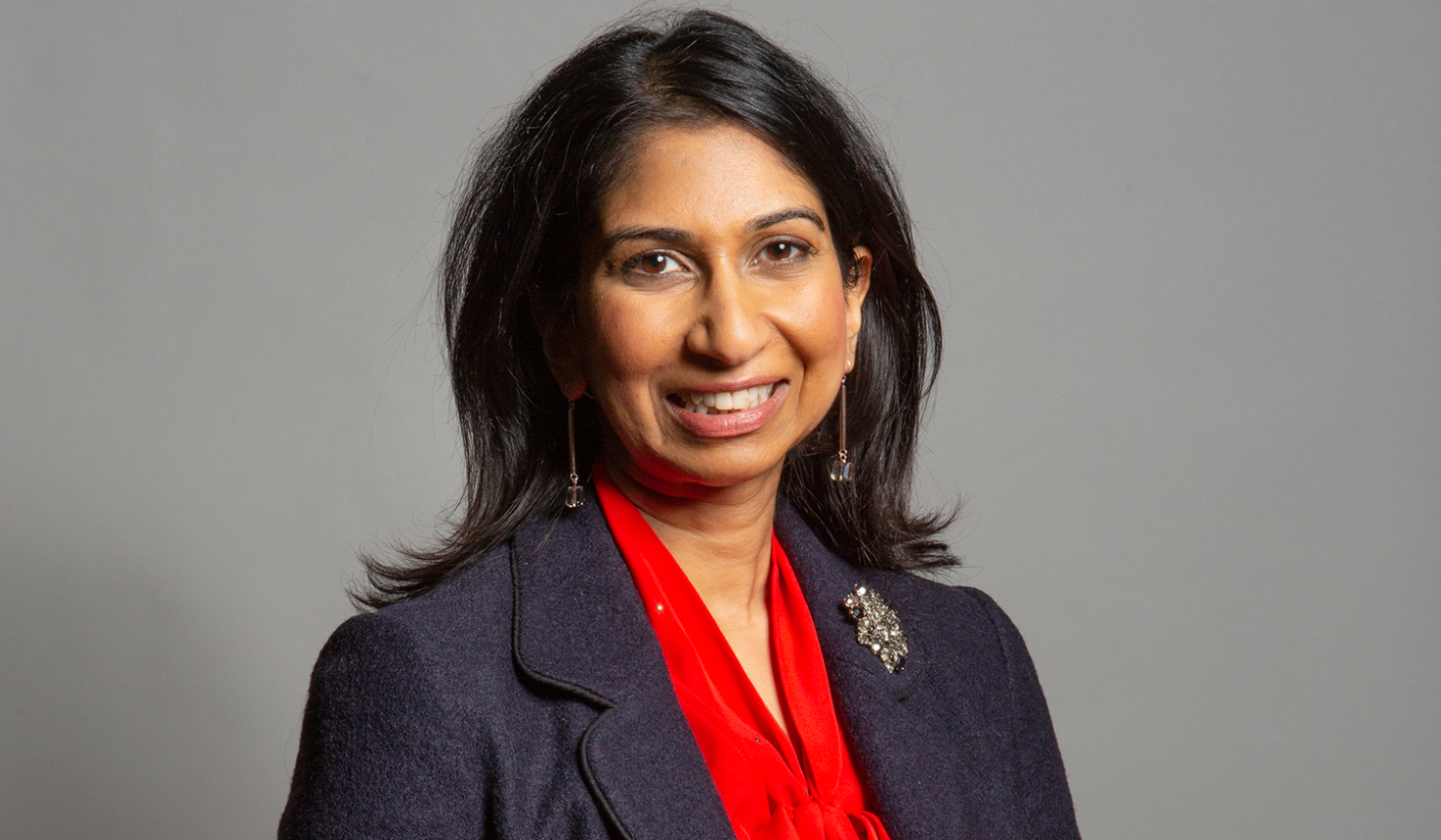
Suella Braverman
Constituency: Fareham
Position: Home Secretary
Suella Braverman, who previously said it was her “dream” and “obsession” to see a flight of asylum seekers take off to Rwanda, has been incredibly critical of LGBTQ+ issues, to say the least. “In my view, a primary school where they are teaching eight or nine-year-old pupils – year four children – key words such as transgender, pansexual, asexual, gender expression, intersex, genderfluid, gender dysphoria, questioning or queer would be falling foul of government guidance nor is it age-appropriate to teach four-year-olds that people can change sex or gender,” she once stated. Braverman has also questioned whether or not teachers should have a “legal obligation” to use a student’s preferred pronouns or be given access to the facilities that align with their gender identity in school, such as changing rooms and/or toilets. She has slammed what she refers to as “woke rubbish” and wants the UK to be “a country where describing a man and a woman in terms of biology does not mean that you’re going to lose your job.” Braverman has consistently voted against laws promoting equality and human rights since becoming an MP seven years ago, including being opposed to extending same-sex marriage to Northern Ireland in 2019 – something she said was because it “should be dealt with by the devolved assembly and the Northern Irish Executive.” Rishi Sunak’s decision to re-appoint her Home Secretary has sparked widespread outrage given that she resigned from the position just six days earlier for breaching the ministerial code.
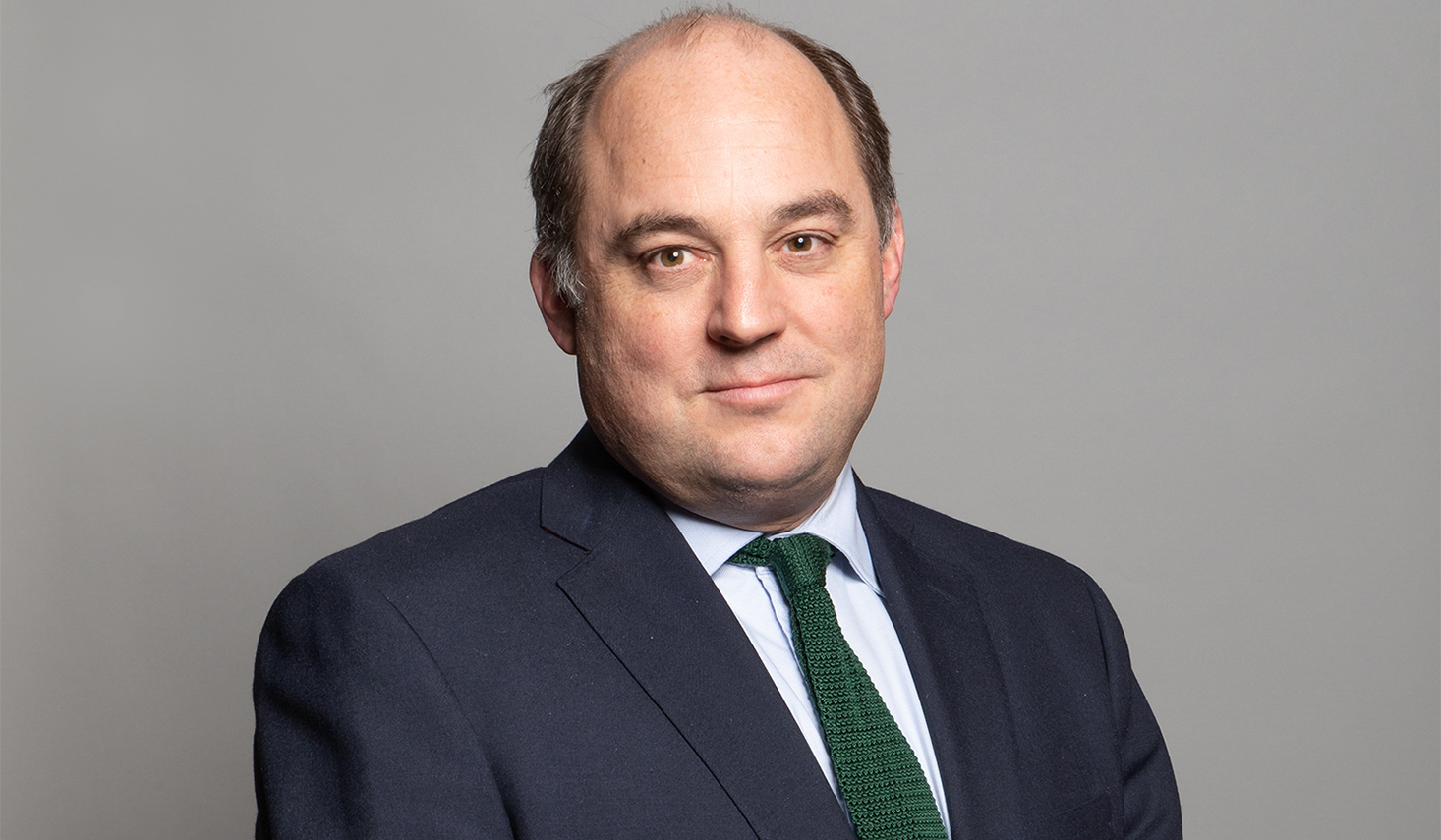
Ben Wallace
Constituency: Wyre and Preston North
Position: Defence Secretary
An MP since 2005, Ben Wallace has had a say on several key pieces of legislation relating to LGBTQ+ people. This includes an earlier iteration of the Equality Act in 2007, the legalisation of same-sex marriage in England and Wales in 2013 and making this available to armed forces personnel outside of the UK a year later. Wallace voted against all three. “Voting against gay marriage doesn’t make anyone homophobic,” he tweeted in 2017, just four years after writing that some people were supporting UKIP as “a gay marriage protest vote.” He proceeded to be absent from a vote on extending same-sex marriage to Northern Ireland in 2019. Wallace, the current Defence Secretary, opposed a European Court of Human Rights ruling which struck down the ban on gay people serving in the military. Writing for the Press and Journal newspaper in 1999, he said “the military, such as the organisation operates, is weakened by introducing sexual friction between individuals”. Two decades later, he backtracked on this view in an interview with the same newspaper, adding that “the world has moved on, and I think, you know, I’d just say I was wrong on that observation.”
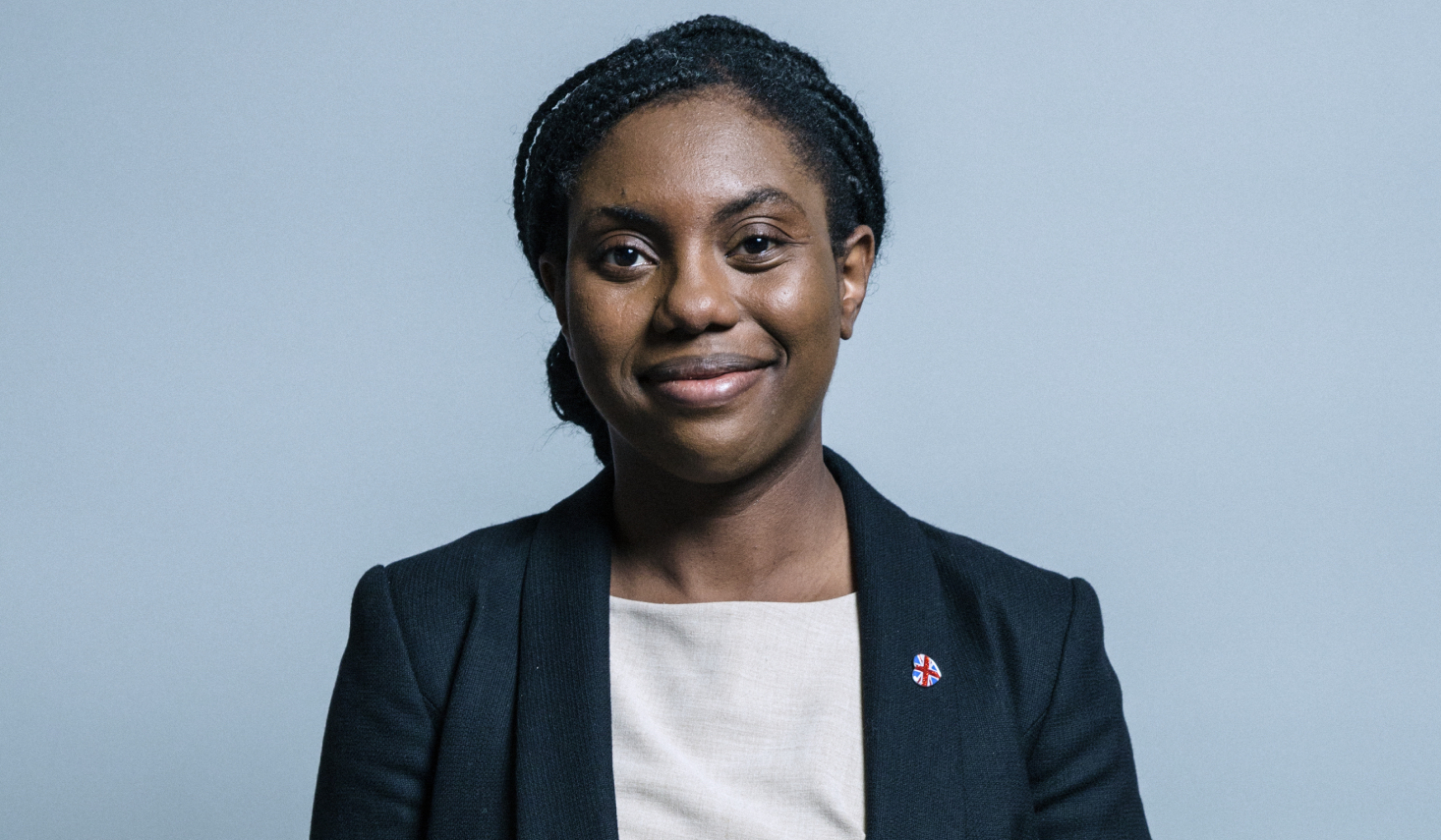
Kemi Badenoch
Constituency: Saffron Walden
Position: Minister for Women and Equalities and Trade Secretary
LGBTQ+ activists have expressed grave concern over the appointment of Kemi Badenoch as the new Equalities Minister. In fact, a speech she gave during a debate on banning so-called ‘conversion therapy’ in March 2021 is what led to Jayne Ozanne resigning as a member of the government’s LGBT+ Advisory Panel – with the activist now describing Rishi Sunak’s decision to give this role to Badenoch as a “divisive” one. During her first stint in the Government Equalities Office (GEO) as a junior minister, plans to meaningfully reform the Gender Recognition Act were dropped and no ban of ‘conversion therapy’ ever materialised. It was even reported that Badenoch was instrumental in organising a secret meeting with providers of so-called ‘conversion therapy’, something they later described as “productive”. Just a week after taking on her new role, ITV News reported that she had paused work to ban the harmful practice, despite the Conservatives promising to do so since 2018. Badenoch also met with anti-trans pressure group LGB Alliance during her time as a junior minister in the GEO. Leaked recordings from four years ago exposed an anti-LGBTQ+ rant Badenoch went on in which she questioned same-sex marriage, misgendered trans women and mocked the community’s rights more generally. “Even when, you know, so, people hear about, you know like the whole bathroom thing,” she could be heard saying in the recording, “it’s actually more of an American thing but they have a similar problem, that, right so now it’s not just about being free to marry who you want, you now want to have men using women’s bathrooms.”
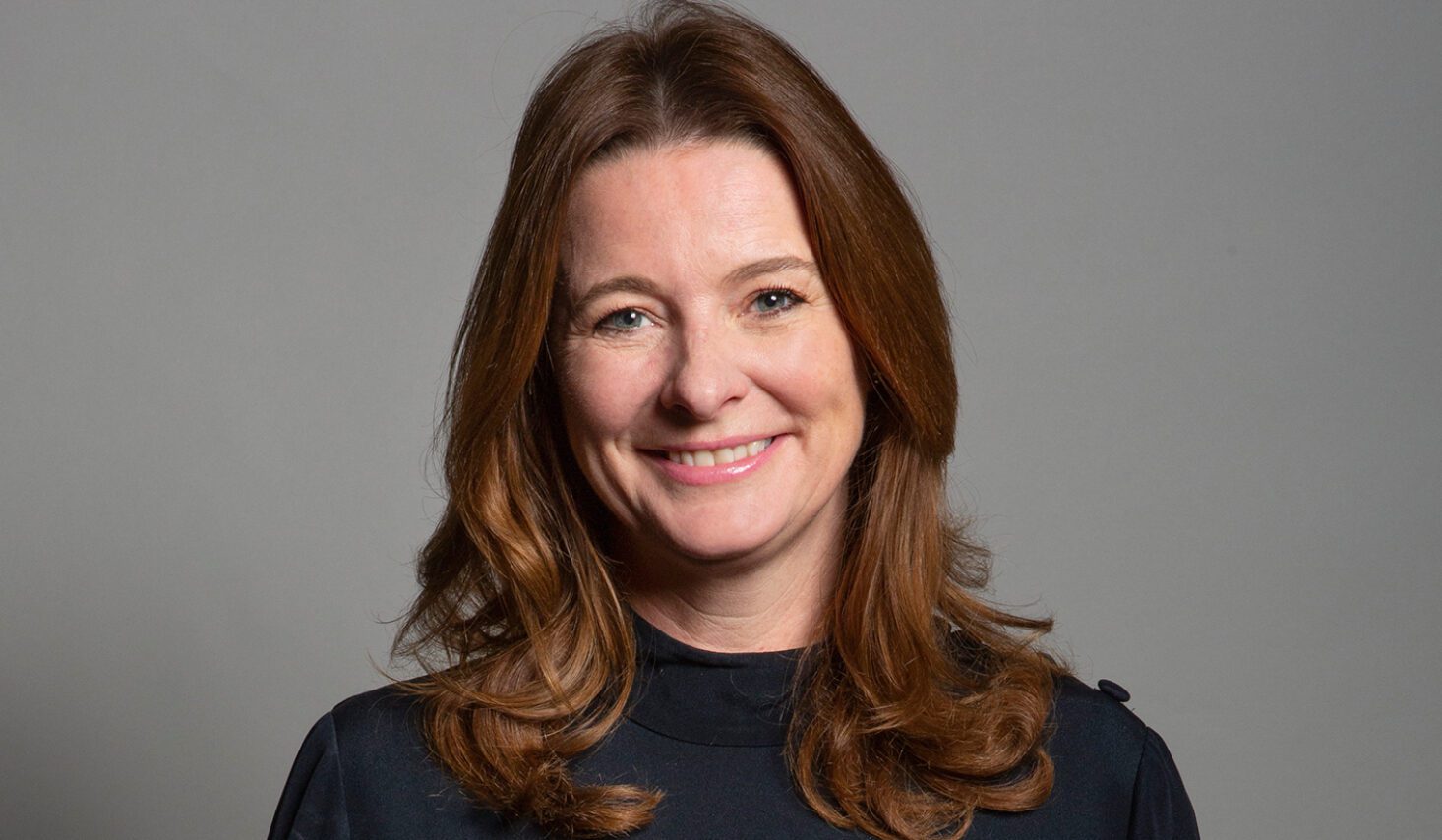
Gillian Keegan
Constituency: Chichester
Position: Education Secretary
Gillian Keegan has a strong track record on LGBTQ+ rights and has spoken out in support of the community on several occasions. She believes that trans women are women and, in a statement to the Chichester LGBT Forum two years ago, acknowledged that “more must be done to help transgender people with the unique and difficult challenges that they face.” She added: “Trans women are women and trans people deserve equal and fair access to healthcare, safe spaces, and opportunities, as well as to live their life with dignity.” As the new Education Secretary, she will play a vital role in how LGBTQ+ issues are taught in schools at a time when such topics are under increasing scrutiny in both the UK and US. Keegan has previously discussed the importance of people feeling safe to come out at school, university and in the workplace. “Discrimination is harmful not only to the individual concerned, but to society as a whole,” she said in 2019. “Discrimination has unpleasant companions, namely bullying and self-harm. Bullying is not only distressing and isolating; it can also affect education and damage mental health.” Since her election as an MP in 2017, Keegan has consistently voted in favour of LGBTQ+ rights – including extending same-sex marriage to Northern Ireland. She has, however, generally voted against laws promoting equality and human rights and supported stricter asylum policies that could make it harder for LGBTQ+ people to settle in the UK after escaping persecution abroad.
